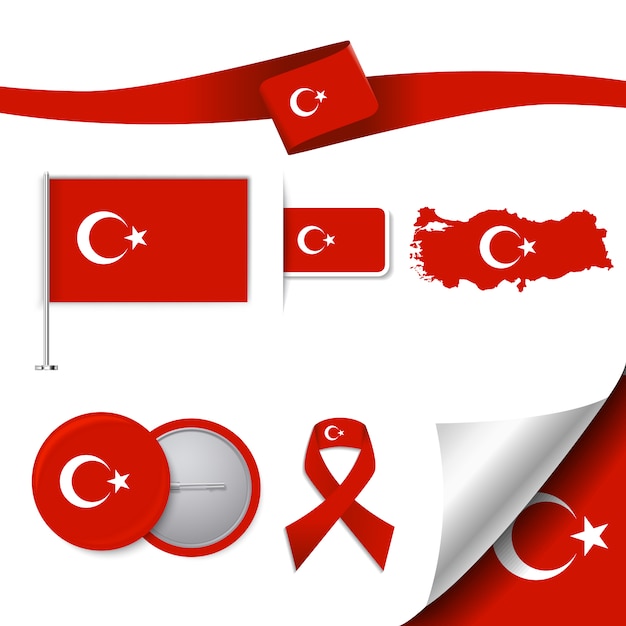Engage: Striking Conversations with Turkey

Begüm Yavuzdoğan Okumuş from the Turkish law firm Gün + Partners explains the specific rules for in-vehicle emergency call systems, or eCall, in Turkey.
If you’re planning to set up eCall services across Europe, be aware that Turkey has its own regulations for these systems. eCall automatically contacts emergency services if a car accident occurs.
Mobile operators play a crucial role because they handle the eCall to the emergency call center. However, the regulations differ among countries, and Turkey is a prime example of this variability.
The European Union has been working on rules for in-vehicle emergency call systems since 2007. Regulation 2015/718 outlines type-approval requirements for implementing eCall based on the 112 service, becoming EU law in March.
The eCall system uses GPS to detect the vehicle’s location and activates during an accident, estimating the damage through various sensors and making a call to an emergency center. It can also be activated manually if needed.
From 2011 to 2015, the EU rolled out projects to harmonize in-vehicle eCall systems, involving 15 countries, with Turkey participating as a pilot country. These projects aimed to establish and coordinate eCall services across EU nations.
In Turkey, the Ministry of Science, Industry & Technology issued its regulations on type approval as part of aligning with EU legislation, which also took effect in March. This regulation specifies manufacturers’ obligations for 112-based eCall systems and relevant authorizations.
In January, the Turkish Information & Communication Technologies Authority addressed concerns about using foreign operators for these systems. They require information systems and services to come from domestic sources.
If there’s no SIM card, eSIM, or similar module in the eCall system, or if network connection issues arise during an eCall, operators must ensure the call is rerouted to the relevant emergency call center.
Modules used exclusively for eCall must be sourced from or programmable by Turkish mobile operators. While no subscription contracts are needed for these modules, operators must ensure they can only call and be called back by 112.
For vehicles made in or imported into Turkey according to eCall regulations, the SIM card or module must come from authorized Turkish mobile operators or be programmable by them, with subscription transactions conducted per applicable laws.
Servers for vehicle communication systems that provide additional services besides eCall must also be located in Turkey, and personal data on these systems must be handled accordingly.